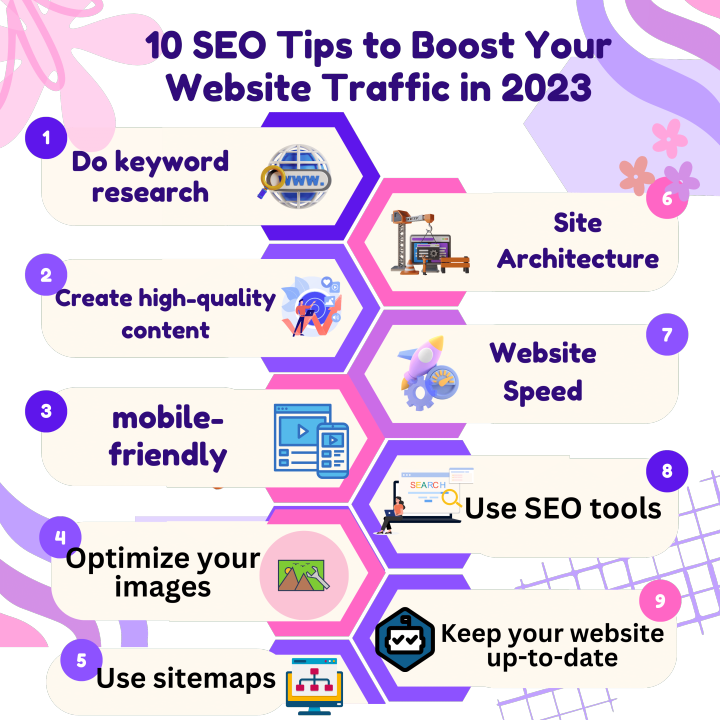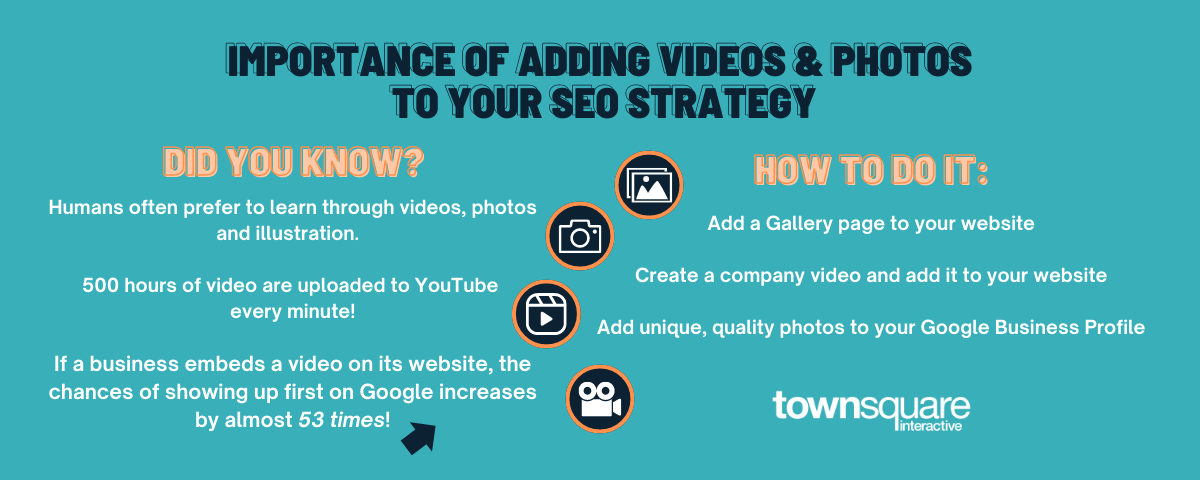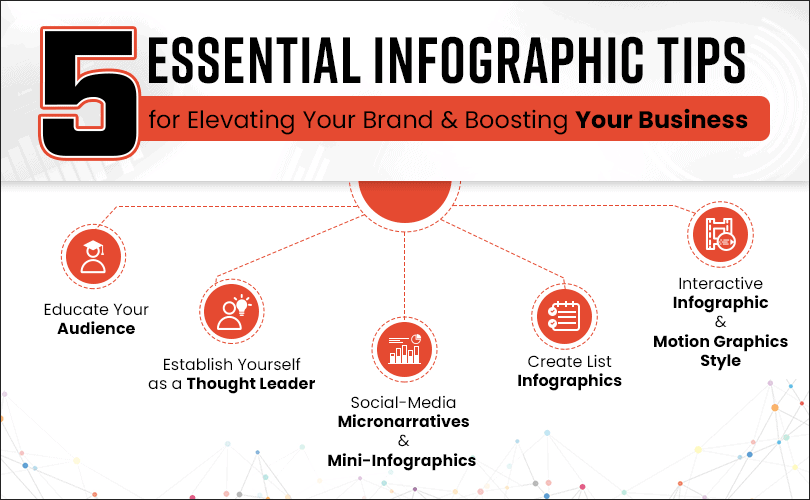Unlock the secrets to dominating the online beauty industry with these game-changing SEO strategies for your business.

Image courtesy of cottonbro studio via Pexels
Table of Contents
- Understanding the Importance of Keywords
- Optimizing Website Content with Keywords
- Incorporating Local SEO Strategies
- Optimizing Metadata, Headers, and Alt Tags
- Creating Valuable and Shareable Content
- Building High-Quality Backlinks
- Leveraging Online Directories
- Ensuring Mobile-Friendly Website Design
- Monitoring and Analyzing SEO Performance
- Staying Updated with SEO Trends
Welcome to our beauty industry blog, where we focus on helping professionals and enthusiasts in the beauty, hair, and aesthetic fields enhance their online presence and attract more clients. In this blog post, we will share valuable insights, tips, and tricks related to search engine optimization (SEO) specifically tailored to the beauty industry. Whether you own a hair salon, a nail salon, a brow bar, or any other beauty-related business, implementing these expert SEO tips can help drive organic traffic to your website and increase your online visibility.
Understanding the Importance of Keywords
Keywords are the building blocks of SEO. They are the terms or phrases that users enter into search engines when looking for specific products or services. It is essential to conduct keyword research to identify the most relevant and popular search terms in your industry. By incorporating these keywords naturally throughout your website’s content, meta tags, headers, and alt attributes, you can increase your chances of ranking higher on search engine results pages (SERPs) and attract potential customers.
Book Now For a Free Consultation
Optimizing Website Content with Keywords
Once you have identified your target keywords, it’s crucial to optimize your website’s content to ensure it aligns with what your audience is searching for. Create high-quality, informative, and engaging content that incorporates these keywords naturally. Be mindful of keyword stuffing, as search engines penalize websites for overuse. Instead, focus on providing valuable information that satisfies user intent while incorporating your keywords strategically.
Incorporating Local SEO Strategies
If you have a physical location or target a specific geographic area, implementing local SEO strategies is crucial for attracting local customers. Make sure to include your city or region in your website’s content, meta tags, and alt tags. Create and optimize a Google My Business listing, ensuring all relevant information, such as your address, phone number, and business hours, is accurate and up to date. Garner positive customer reviews, as they play a significant role in local search rankings.

Image courtesy of www.linkedin.com via Google Images
Optimizing Metadata, Headers, and Alt Tags
Metadata, including titles and descriptions, provides crucial information to search engines about the content of each page on your website. Optimize these elements with relevant keywords and concise descriptions that entice potential visitors to click. Utilize headers (H1, H2, H3, etc.) to structure your content and make it easier for search engines to understand the hierarchy and importance of the information. Additionally, optimizing alt tags for images with appropriate keywords enhances the accessibility and visibility of your website.
Creating Valuable and Shareable Content
One of the key factors in SEO success is creating valuable and shareable content. Produce informative blog posts, tutorials, or videos that cater to your target audience’s interests and needs. Focusing on evergreen topics ensures that your content remains relevant and continues to attract organic traffic over time. When your audience finds value in your content, they are more likely to share it on social media platforms, which can result in increased backlinks and referral traffic.

Image courtesy of townsquareinteractive.com via Google Images
Building High-Quality Backlinks
Backlinks, or inbound links, are hyperlinks from other websites back to your own. They are an essential component of off-page SEO and play a crucial role in determining your website’s authority and credibility. Engage in outreach activities, such as guest blogging or collaborating with influencers, to earn high-quality backlinks. Create compelling and shareable content that naturally attracts other websites to link to yours. Building a strong backlink profile will significantly improve your website’s search engine rankings.
Leveraging Online Directories
Online directories, such as Yelp, Yellow Pages, and Google My Business, can significantly impact your website’s visibility in local search results. Ensure your business is listed in relevant directories and optimize your listings with accurate and up-to-date information. Encourage satisfied customers to leave positive reviews, as these can influence potential customers’ decision-making process and improve your rankings within online directories.

Image courtesy of www.linkedin.com via Google Images
Ensuring Mobile-Friendly Website Design
With the increasing use of smartphones and tablets, having a mobile-friendly website is no longer optional. Search engines favor mobile-friendly websites and provide a ranking boost to those that provide a seamless mobile experience. Optimize your website for mobile devices by implementing responsive design, ensuring fast page load times, and simplifying navigation for small screens.
Monitoring and Analyzing SEO Performance
Regularly monitoring and analyzing your SEO performance is crucial for making data-driven decisions and optimizing your strategies. Utilize tools such as Google Analytics and Google Search Console to gain insights into your website’s traffic, keyword rankings, click-through rates, and user behavior. Identify areas for improvement and make informed adjustments to your SEO efforts to continually enhance your online visibility.

Image courtesy of www.cibirix.com via Google Images
Staying Updated with SEO Trends
The digital landscape and SEO strategies are constantly evolving. Stay up to date with the latest SEO trends, algorithm updates, and industry best practices to ensure your beauty business remains competitive. Subscribe to reputable SEO blogs, attend industry conferences, and network with other professionals to stay informed and adapt your strategies accordingly.
Implementing these expert SEO tips for your beauty business will help improve your online visibility, attract more organic traffic, and ultimately increase your customer base. Remember, SEO is an ongoing process that requires continuous optimization and adaptation. By staying committed and up to date with the latest SEO practices, you can stay ahead of the competition and achieve long-term success in the beauty industry.
Stay tuned to our blog for more valuable insights and strategies to help your beauty business thrive!